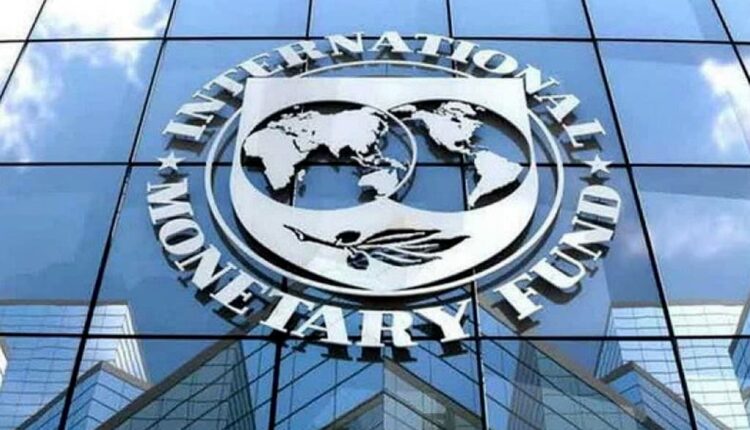In a strategic partnership, the West African Institute for Financial and Economic Management (WAIFEM) and the World Bank have come together to orchestrate a comprehensive one-week training program on International Financial Reporting Standards (IFRS) for central bankers hailing from the sub-region.
During the program’s opening ceremony, Mr. Yakubu Aliyu, the Director of the Fiscal Policy, Debt Management, and Regional Integration Department at WAIFEM, who represented the Director-General, Dr. Baba Yusuf Musa, underlined the paramount importance of universal accounting standards in the current era of globalization.
Mr. Yakubu Aliyu emphasized that the adoption of IFRS by countries and institutions stands as a beacon of financial and accounting harmonization, not only within our sub-region but also globally.
The course, he noted, had been meticulously crafted to furnish participants with the requisite knowledge and skills essential for the successful implementation of IFRS provisions, particularly in the context of the ongoing West African Monetary Zone (WAMZ) program.
Mr. Aliyu further stressed that comprehending pivotal concepts such as revenue recognition, financial instruments, and the implications of transitioning to IFRS is pivotal for policy formulation and critical management decisions, especially in the context of our deeply interconnected economies.
The Director of the Fiscal Policy and Debt Management, meanwhile, expressed confidence that, by the program’s conclusion, participants would have gained a profound understanding of IFRS and its practical application in financial reporting. This newfound knowledge would empower them to make well-informed financial and accounting decisions in their respective jurisdictions.
Shifting the focus towards public debt management, with a specific emphasis on aspects related to debt reporting, monitoring, and transparency, Mr. Aliyu noted the escalating global public debt over the last decade, driven by global uncertainties, evolving creditor landscapes, and the introduction of complex debt-financing instruments. These factors underscored the critical need for vigilant public debt monitoring and enhanced transparency.
Mr. Aliyu firmly stressed that transparent debt management is not solely a matter of fiscal responsibility; it serves as a cornerstone for sustainable development, helping nations mitigate the risks of debt distress.


Comments are closed.